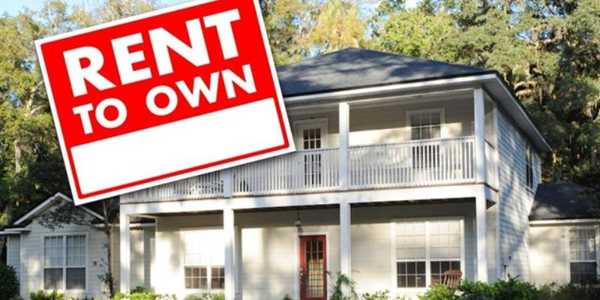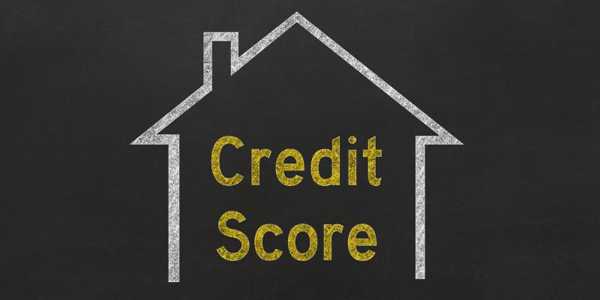
The Essential Checklist For Buying A Vacation Home
Tooba
Buying a vacation home is a significant investment, and it’s easy to get caught up in the excitement of owning a getaway spot. Whether you’re looking for a peaceful retreat by the beach, a cozy cabin in the mountains, or a bustling city apartment for weekend getaways, there are important considerations that will help ensure you make the right choice. A vacation home is not just a place to unwind—it's also a financial asset that should meet both your personal and financial goals. This checklist will walk you through key factors to evaluate before making a purchase, making sure you avoid costly mistakes and end up with a property that suits your needs.
1. Determine Your Budget And Financing Options
Before you even begin looking at properties, the first thing you need to do is set a budget. A vacation home is a luxury, and it’s easy to overspend when the dream of owning a getaway takes over. Consider how much you’re willing to spend on the property itself, including closing costs, taxes, and insurance. Don’t forget about ongoing expenses like utilities, maintenance, and property management fees if you're not living there full-time.
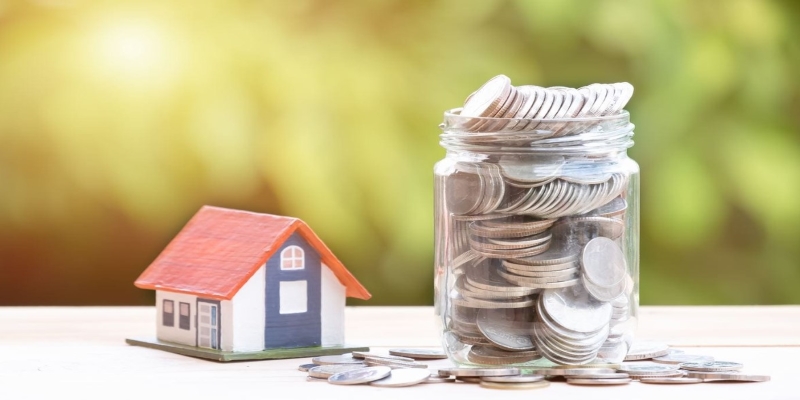
Once you have an idea of your budget, explore financing options. Vacation homes typically require a larger down payment than a primary residence, and the interest rates may be higher as well. Check with banks and mortgage brokers to see what kind of financing is available, and make sure you understand the terms before you commit. Keep in mind that if you plan to rent out the property when you’re not using it, this might influence your financing options and tax situation.
2. Understand The Location And Local Market Conditions
The location of your vacation home is arguably the most important factor to consider. Whether it’s near a beach, mountains, or a popular tourist destination, it’s essential to understand the area’s appeal and its long-term potential. Research local market trends to gauge the stability of property values. Is the area experiencing growth or stagnation? What is the demand for vacation homes in that region?
Another important consideration is accessibility. How easy is it for you and your guests to get to the property? Is it near major highways, or does it require a long drive on rough roads? If you plan to rent the property out, accessibility will be a key factor for potential tenants as well. Consider how the location aligns with your lifestyle and how often you’ll be able to visit. If it’s too far from home, it might be difficult to make regular trips.
3. Assess The Condition Of The Property
A vacation home should be a relaxing retreat, but if the property needs a lot of work, it can become a source of stress. It’s crucial to thoroughly inspect the property’s condition, including the structure, plumbing, electrical systems, and any appliances or amenities that will be important to you. If you're buying a resale property, check for any signs of wear and tear, such as leaks, mold, or structural issues that could require costly repairs down the line.
A home inspection by a professional can help uncover any potential problems you might have missed. The cost of repairs can quickly add up, so it’s important to factor in these costs when calculating your budget. You may also want to consider the age of the property—older homes may have more charm, but they might come with more maintenance needs as well.
4. Evaluate The Potential For Rental Income
If you’re planning to rent out the vacation home when you’re not using it, make sure to evaluate the potential rental income. Many vacation homes are marketed as short-term rentals through platforms like Airbnb or Vrbo, so it’s important to check if the area is conducive to this kind of arrangement. Does the community have any restrictions on short-term rentals? Some places have local laws that limit the number of days you can rent out a property, so it’s important to understand the rules before purchasing.

Consider the local demand for rental properties. Look into similar properties in the area to see what kind of rental rates they’re commanding. Are there other homes available for rent? How often are they rented out? This will help you estimate how much income you might expect to generate. Keep in mind that rental income can vary based on the time of year, so having a property that is in high demand year-round will provide a more stable income stream.
5. Factor In Ongoing Maintenance And Upkeep
Owning a vacation home means dealing with regular maintenance and upkeep, especially if you live far away. If you're not planning to use the home frequently, hiring a property management company might be necessary to take care of the property when you're not around. Consider the costs of regular cleaning, landscaping, and any minor repairs that may come up. This is especially important if you plan to rent the property out, as you’ll need to ensure that it is well-maintained to attract guests and receive positive reviews.
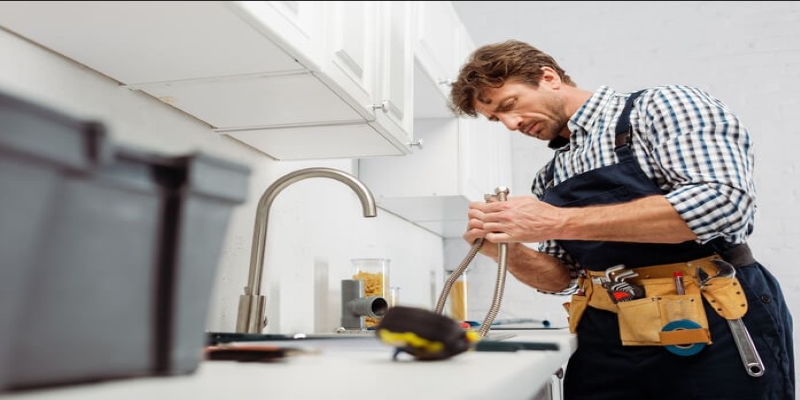
Another factor to consider is the climate of the area. If your vacation home is located in a region with extreme weather conditions, such as heavy snowfall or high humidity, the maintenance demands may be higher. Check whether the property is equipped to handle these conditions, and make sure you have a plan in place for any seasonal maintenance that may be required.
6. Review Local Property Taxes And Insurance Costs
Property taxes can vary significantly from one area to another, and this is something you’ll need to factor into your budget. Some vacation destinations, particularly those that attract tourists, may have higher property taxes. Make sure to check with the local tax assessor’s office to get a clear picture of what to expect in terms of tax obligations.
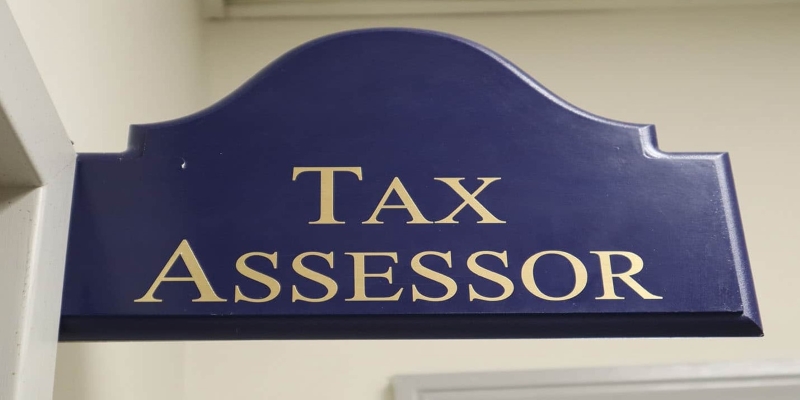
Similarly, insurance for a vacation home can be more expensive than regular home insurance. Vacation homes are often at higher risk for damage due to weather events or the increased likelihood of guest turnover if you rent out the property. You’ll need to shop around for the right coverage and make sure it includes protection against both natural disasters and accidents that could happen while guests are staying there.
7. Consider Long-Term Goals And Exit Strategy
A vacation home is a long-term investment, so it’s important to think about how it fits into your broader financial goals. Are you looking to use it as a retirement home in the future, or will it serve purely as a getaway? If you ever decide to sell, consider the potential for appreciation or depreciation in the property value. Properties in popular vacation destinations may appreciate over time, but this is not always the case.
Before committing to a purchase, think about your exit strategy. How easy will it be to sell the property down the line? The local market, economic conditions, and long-term demand for vacation homes in the area will all influence your ability to sell. Knowing your long-term goals and having a plan for eventual resale or rental will help guide your decision-making process.
8. Assess The Lifestyle Fit And Community
Finally, one of the most important aspects of buying a vacation home is whether the property fits your lifestyle. What is the surrounding community like? Is it a family-friendly area, or is it more suited for younger people or retirees? Think about whether the neighborhood will offer you the kind of experiences you're looking for, whether that’s peaceful isolation or a vibrant, social environment.
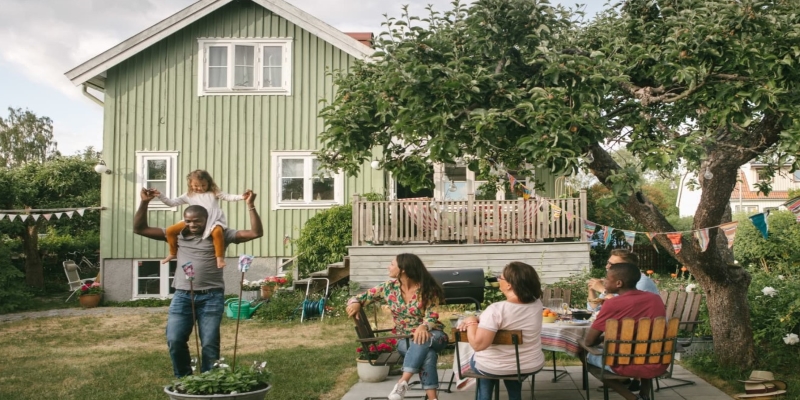
Community amenities are also important. Are there restaurants, shops, or recreational facilities nearby? Is the area prone to heavy tourism, or is it a quieter, more private spot? Understanding the lifestyle the property offers will ensure that you are investing in a location that aligns with your long-term vacation goals.
Conclusion
Purchasing a vacation home is a big decision, and it’s important to do your homework before taking the plunge. From assessing the financial aspects of the purchase to evaluating the property’s condition and considering long-term goals, there’s a lot to think about. By following this checklist, you can avoid common pitfalls and make a well-informed decision that ensures your vacation home becomes a source of enjoyment and financial stability. Whether you're using it as a personal retreat or as a rental property, taking the time to research and plan will help you get the most out of your investment in the long run.
